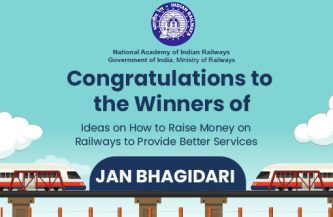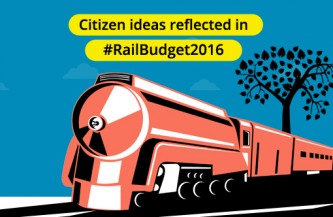Best possible financial negotiation ‘Japanese Bullet Train’

There is a clear misinformation campaign and propaganda with respect to India acquiring the Bullet Train technology from Japan. Attempts are being made to compare the project to past infrastructure projects and to create an illusion that India cannot afford the costs of the train system.
Nothing could be further from reality.
Expected to cost around $14.5bn, a little over 80% of the project will be financed by a ‘soft loan’ from Japan, which has a world-famous network of high-speed trains already in place and whose Prime Minster, Shinzo Abe, has a long-standing relationship with Modi.
Putting it in perspective, initially the cost of the project was initially estimated to be Rs. 98000 crores, later decision was taken to make the entire corridor elevated for safety considerations and to reduce the land requirements, the cost was, therefore, revised to Rs. 108000 crores.
Japanese soft loan would fund approximately 81% of the project cost. Project planned be completed by December 2023, preponed target of testing & commissioning is August 2022.
The terms of the Soft Loan are an example of impeccable negotiation and great trust both India and Japan have put in their relationship.
Key Aspects of Funding:
- Japan will pay for 87,480 crores of total 1,08,000 crore requirements.
- The loan interest rate is an unbelievable 0.1% per annum
- The repayment period is 50 years including a grace period of 15 years
- Major portions of large scale infrastructure projects are financed by debt, and the cost of debt is a significant portion of the total costs.
- Given project is expected to be delivered by 2023, India would already start generating revenue from the system a healthy 7 years before it makes its first committed instalment.
- For such projects, the funding from World Bank is also generally at rate not less than 5-7 percent with 25-33 years payback terms.
- Given the network is largely elevated it doesn’t require massive Land Acquisition effort on part of the Government and available land could be monetized.
- One cannot negate the growth boost the entire infrastructure industry will get with advent of the project, cement, steel, construction equipment, manpower – massive development will take place in all allied sectors uplifting them overall.
- There will thousands of jobs created directly catering to the Project operations, run and maintenance and thousands of other jobs in fulfilment sector.
- The most important feature is we are not spending our money for Pay per Use technology. Under the aegis of Make In India, the agreement stipulates technology and knowledge transfer which will ensure India will be self-reliant and there will be minimal dependence on anyone.
While the Bullet Train project may look expensive on paper, the above facts highlight it in fact isn’t.
The bullet train project will have a positive multiplier effect on the economy, for example a lot of the land along the rail corridor is not being used for industrial purposes. With the bullet train, they will now be brought into the fold and properly developed.
The project like this can’t be seen in isolation of stand-alone costs without looking at overall benefits it brings to entire economy by creating jobs and sustainable development.
– Abhishek Sharma





